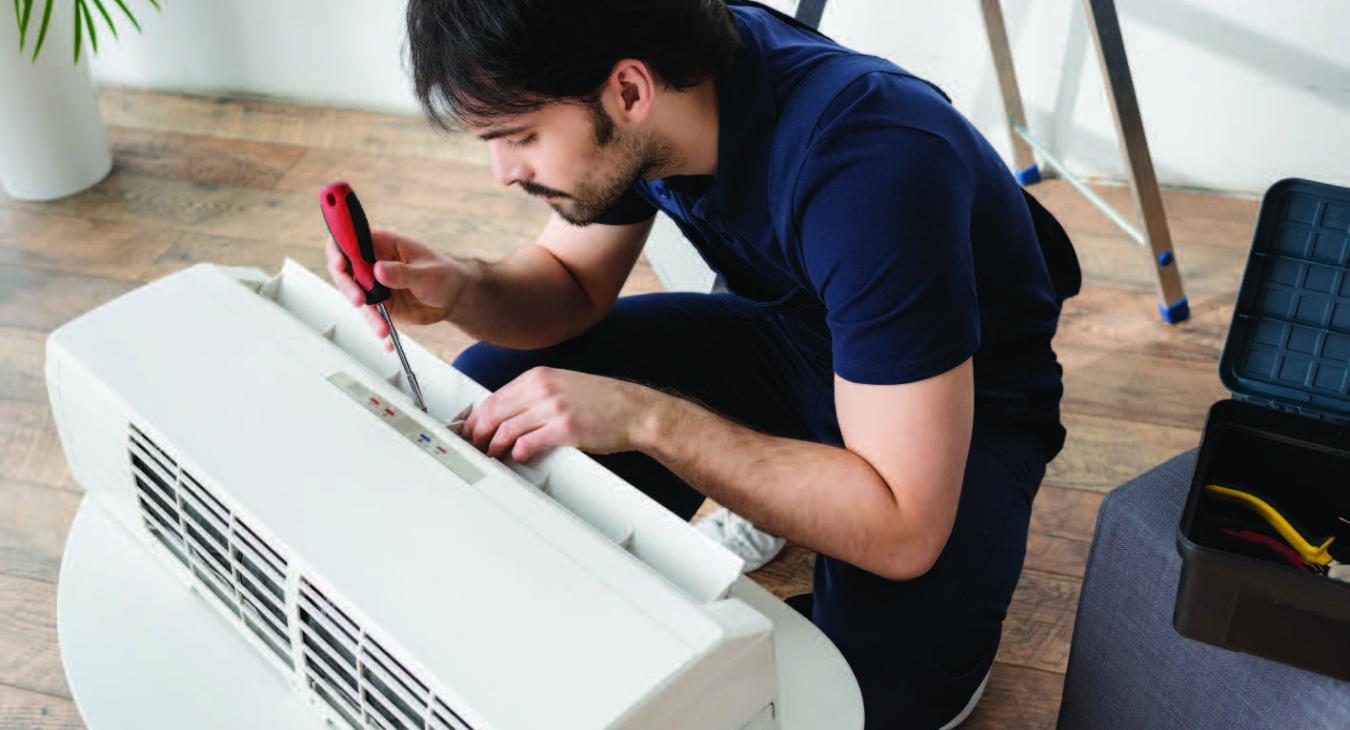Bad odors. Heating and cooling systems sometimes smell when you first start them for the season. Those smells should be minor and dissipate quickly. Any serious smells—such as burning metal, melting plastic or noxious odors—are a sign your system is in trouble. If you smell those odors, turn off your system immediately and contact a professional.
Strange noises. There is typically noise associated with the fans and motors in heating and cooling systems. Take note of any excessive or new noises. If your system is making any clunking, clanging or whistling noises, turn it off and check the filter. If that doesn’t solve it, reach out to a pro.
Running frequently. Your system needs to run more to keep up on extreme weather days, but there might be an issue if it runs too often. Short cycling is when a system cycles on and off before completing the heating or cooling process. Contact a professional to diagnose this issue. Several factors come into play when deciding to fix existing equipment or invest in new equipment. Consider the severity of the issue, repair costs, the likelihood of additional repairs, equipment life span and your budget.
The efficiency of your existing system is also a consideration. Heating and cooling technology improvements have come a long way in the past 20 years. Lower operation costs can offset the cost of a new system over time.
Consider your options before you are in desperate need. I recommend getting estimates from at least three contractors. Ask the contractor, “If this was your house, what type of system would you install and why?” The best solution for your home might be a different type of equipment.

